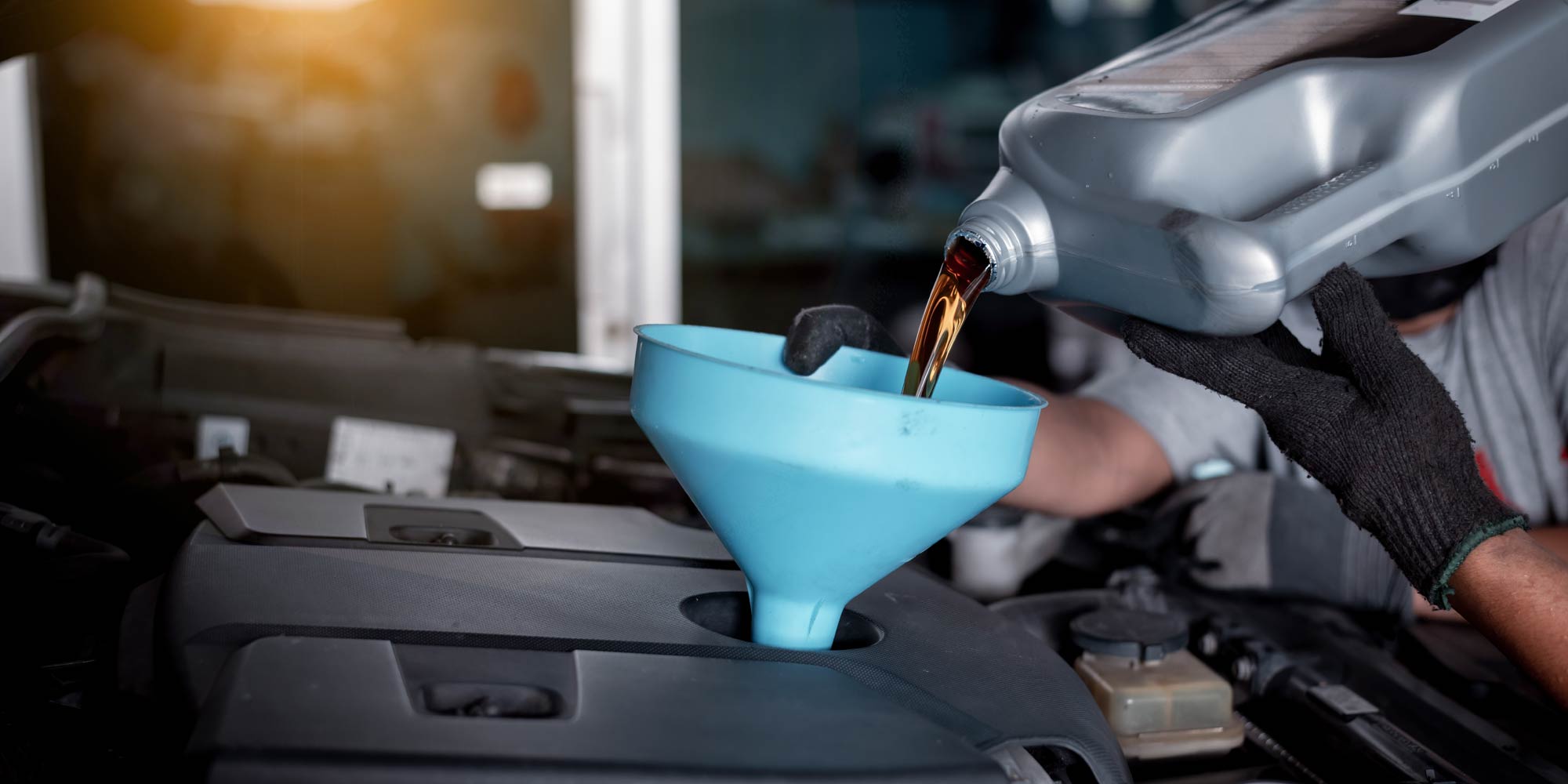Optimize Your Vehicle'S Performance With Regular Oil Modifications
Maintaining your vehicle's efficiency is a multifaceted venture, with normal oil modifications standing out as an important aspect. Fresh engine oil plays a pivotal duty in making certain ideal lubrication, reducing friction, and stopping endure important parts. This technique not just boosts fuel efficiency yet also promotes a healthier engine setting. Numerous chauffeurs ignore the indications that show a requirement for an oil change, possibly jeopardizing their car's durability. Recognizing these indicators and the benefits of timely upkeep might lead to considerable renovations in your cars and truck's overall performance. What might you be missing?
Significance of Regular Oil Adjustments
While many vehicle proprietors might ignore the relevance of routine oil modifications, overlooking this essential maintenance job can cause serious repercussions for engine performance and long life. Engine oil plays an essential function in lubricating moving parts, reducing rubbing, and avoiding overheating. With time, oil wears away because of exposure to warmth and pollutants, which decreases its effectiveness.
Falling short to alter the oil routinely can cause the build-up of sludge and particles, which can obstruct important engine components and bring about boosted wear. This not only endangers engine effectiveness but can also lead to costly repair work or also complete engine failure. Additionally, old oil loses its ability to neutralize acids generated during burning, which can result in deterioration and additional damage.
Moreover, lots of lorry manufacturers suggest certain oil adjustment intervals, frequently based on mileage or time. In recap, regular oil modifications are not merely an idea; they are a crucial component of responsible car maintenance that secures the engine and boosts total efficiency.
Advantages of Fresh Oil
Changing to fresh oil provides various benefits that directly improve engine efficiency and effectiveness. Among the main benefits of fresh oil is its remarkable lubricating residential or commercial properties. New oil lowers rubbing in between engine parts, which not just lessens wear yet additionally adds to smoother procedure. This leads to enhanced fuel effectiveness, as the engine does not have to work as hard to overcome resistance.
Furthermore, fresh oil successfully cleans up the engine by suspending pollutants and avoiding sludge buildup. Over time, oil becomes infected with dust, metal particles, and burning by-products. On a regular basis replacing oil ensures that these harmful materials are eliminated, promoting a cleaner and much healthier engine setting.
Furthermore, fresh oil aids in optimum temperature regulation. It dissipates warmth better, preventing getting too hot and prospective damages to engine elements. This is particularly vital during peak performance circumstances, where warm buildup can hinder engine functionality.
Indicators Your Oil Needs Transforming
Engine oil is the lifeblood of your automobile, and recognizing when it needs transforming is essential for keeping optimal efficiency - Oil Change Lockhart. Numerous signs suggest that it's time for an oil adjustment, and staying vigilant can stop engine damages and expensive repair services
First, check the color and uniformity of the oil. Fresh oil is typically amber and smooth, while old oil might show up dark and gritty, suggesting contamination and minimized effectiveness. A modification in thickness can additionally signify that the oil has damaged down and is no much longer properly lubing engine parts.

An additional indication is the oil modification light on your control panel. This sharp acts as a reminder that the oil has reached its life expectancy or that there is a hidden concern requiring focus. Additionally, uncommon engine noises, such as knocking or ticking, might suggest inadequate lubrication because of abject oil.
Last but not least, if you see oil places or pools under your vehicle, it might show a leakage that demands immediate inspection and possible oil change. Being mindful to these indications will ensure find your engine look at here operates smoothly and efficiently.
Selecting the Right Oil
Choosing the proper oil for your automobile is essential for making sure ideal efficiency and durability. Engine oils are available in different types and viscosities, each formulated to fulfill details needs. The initial factor to consider must be the producer's suggestions, which can generally be found in the owner's guidebook. This advice will certainly guide you toward the correct thickness quality, such as 5W-30 or 10W-40, which suggests the oil's thickness at various temperature levels.
Next, consider the kind of oil: traditional, synthetic, or a mix. Traditional oil is stemmed from petroleum and appropriates for older vehicles, while artificial oil provides superior defense and performance for modern-day engines, particularly under extreme problems. Synthetic blends incorporate the benefits of both and are usually an economical option.
In addition, search for oils that fulfill market criteria, such as API (American Petroleum Institute) or ACEA (Organization des Constructeurs Européens d'Automobiles) accreditations. These indicators make sure that the oil has been checked for quality and performance. Inevitably, selecting the appropriate oil not only boosts engine efficiency however also contributes to the total health of your automobile, paving the method for smoother driving experiences.
Oil Adjustment Frequency Recommendations

Aspects influencing oil modification frequency include driving conditions, such as stop-and-go website traffic, extreme temperature levels, and towing heavy tons. Under extreme problems, it may be prudent to change the oil a lot more regularly to avoid engine wear. Additionally, some modern-day vehicles come equipped with oil life tracking systems that give tailored recommendations based on driving practices, which can further optimize the oil change schedule.
It's critical to consult your owner's guidebook for particular referrals tailored to your automobile. Abiding by these guidelines not just preserves engine health and wellness yet also improves gas efficiency and minimizes exhausts. Finally, normal oil changes, timed properly based upon numerous factors, are an essential facet of vehicle maintenance that can substantially impact performance and durability.
Verdict
